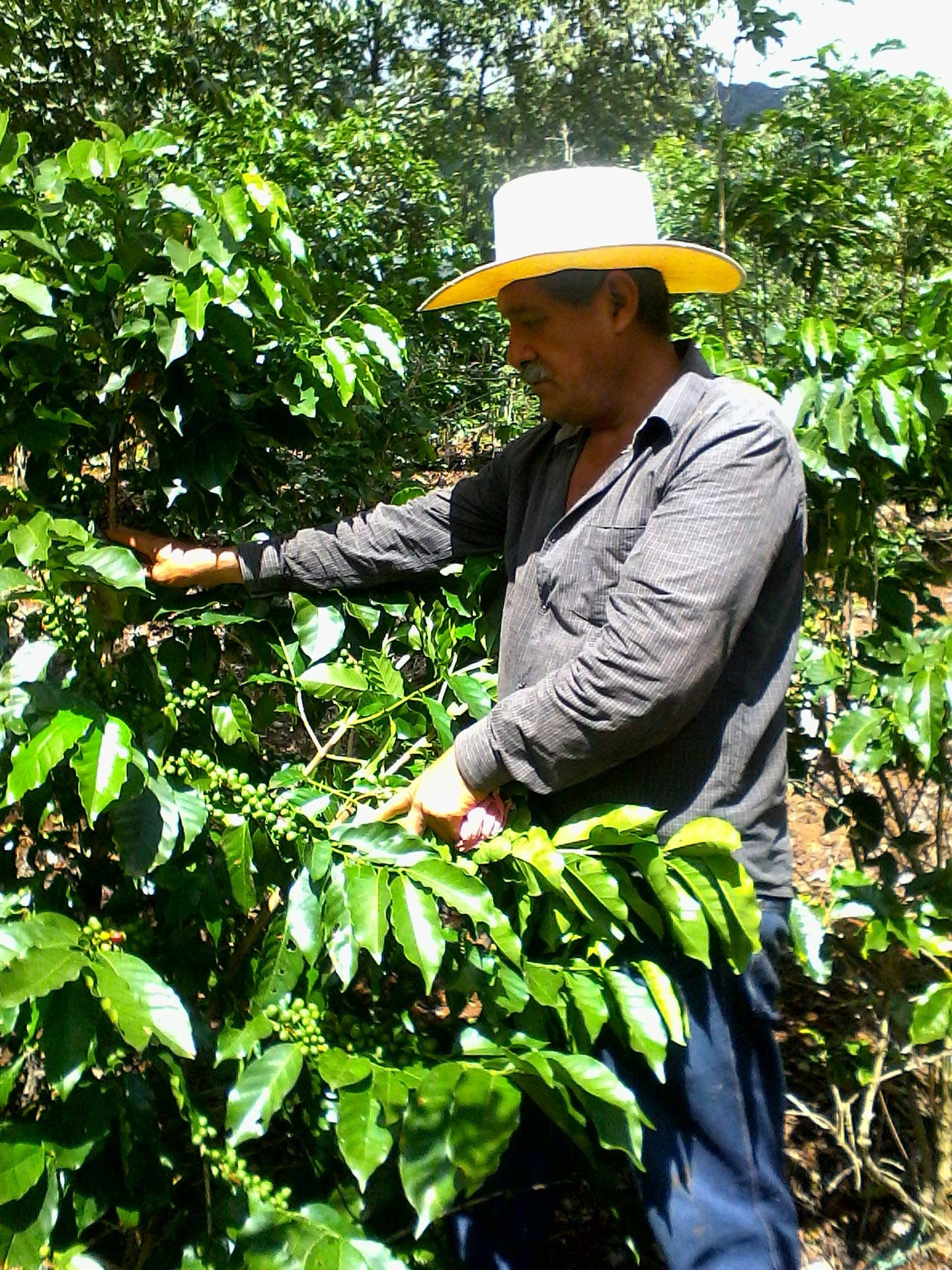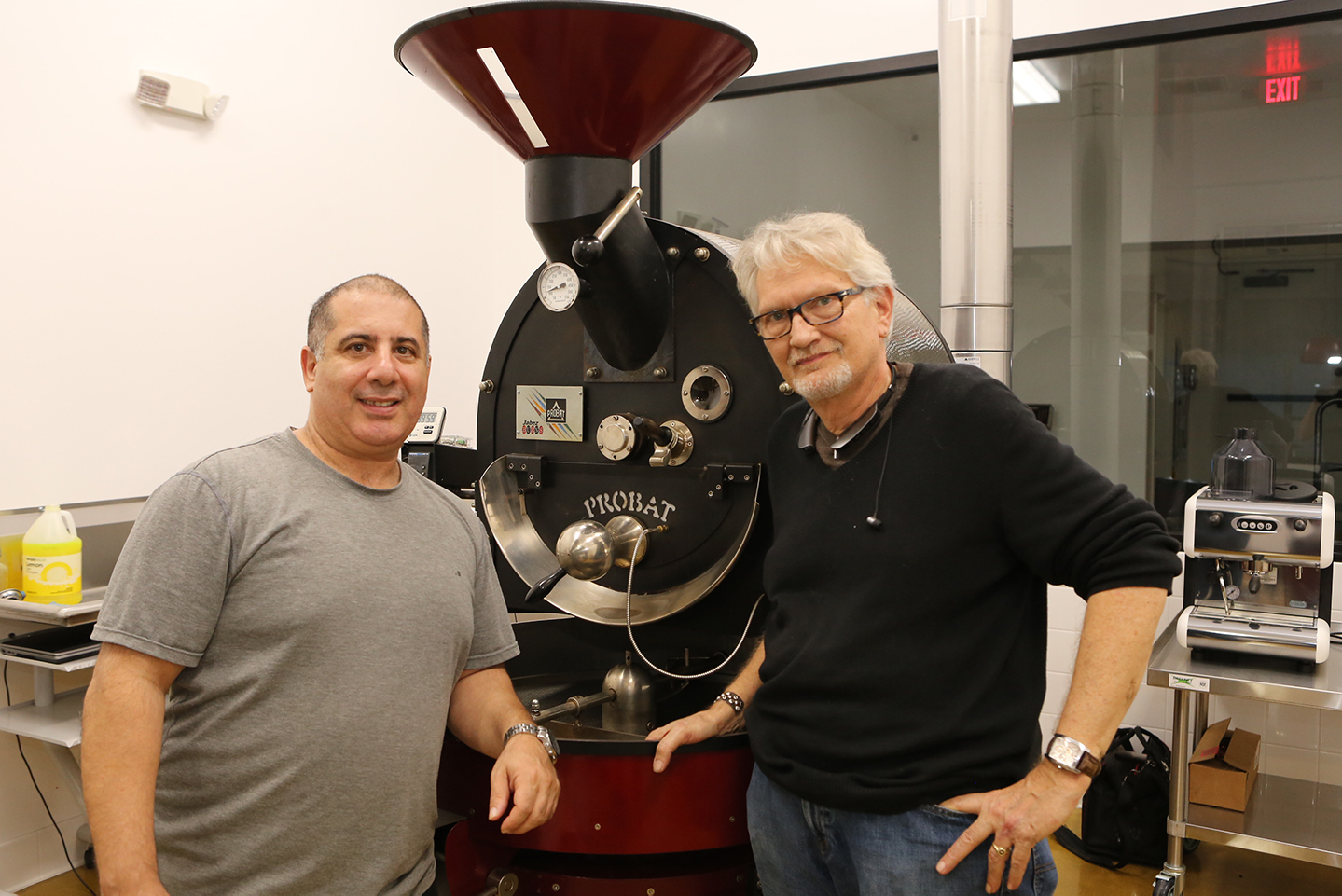Living in Southern California — one of America’s eco-friendly meccas — Mark Stiles was curious about the lack of local organic, ethical coffee roasters.
“Despite a health-conscious and socially aware population here, it still seemed like we lacked coffee that leaves behind a better planet,” said Stiles. So, he and his partner, Ben Taghavi, created Black Drop Coffee and Tea to fill the gap.
Black Drop is equal parts educator and entrepreneur. Its mission is to help consumers understand what goes into coffee farming and how critical the industry is to communities from Papua New Guinea to Guatemala.

“Coffee is such a labor-intensive crop,” said Stiles. “We’re looking for a way to get more money back to the people who are putting in incredibly intensive work.”
The business’s guiding principles — health, prosperity and education — are meant to bridge far-off coffee farmers with consumers. Stiles and Taghavi are working against common practices of coffee-buyer middlemen who low-ball farmers to grab the profits. They believe the buyer’s first duty is to respect and represent farm clients.
“We’re the biggest empathizers with the farmer,” said Stiles. “Why? Because we handle the beans, lift the bags, roast the coffee and do the packaging. We certainly share the feeling that, geez, we’d like to get paid a little bit more for our hard work. Well, you know what? The other people doing much harder work are the farmers. They certainly deserve to be compensated for their efforts.”

Few alternative income-generating options exist for coffee farming communities. One of Stiles’ friends with ties to Guatemala — his brother runs a jointly owned coffee farm — recently restored an abandoned estate to coffee production. The few-thousand-acre farm was left vacant for over a decade due to low prices from buyers. When it shut down, people were left behind. With the return of the farm under organic management, it is revitalizing and supporting the region with a much-needed flow of income.
“People don’t know how hard farming is in the United States, let alone some rural community halfway around the world,” said Stiles. “From paying for seeds to tools to everything in between, the only way to survive is selling a quality product for a fair price.”
Black Drop hopes to instill Southern California with a coffee pedigree similar to the Pacific Northwest. Stiles and Taghavi are facing consumers reluctant to pay a price that equitably covers the cost of labor that goes into making it. But their passion for educating and connecting their farm partners with coffee drinkers makes overcoming these challenges well worth it.



















